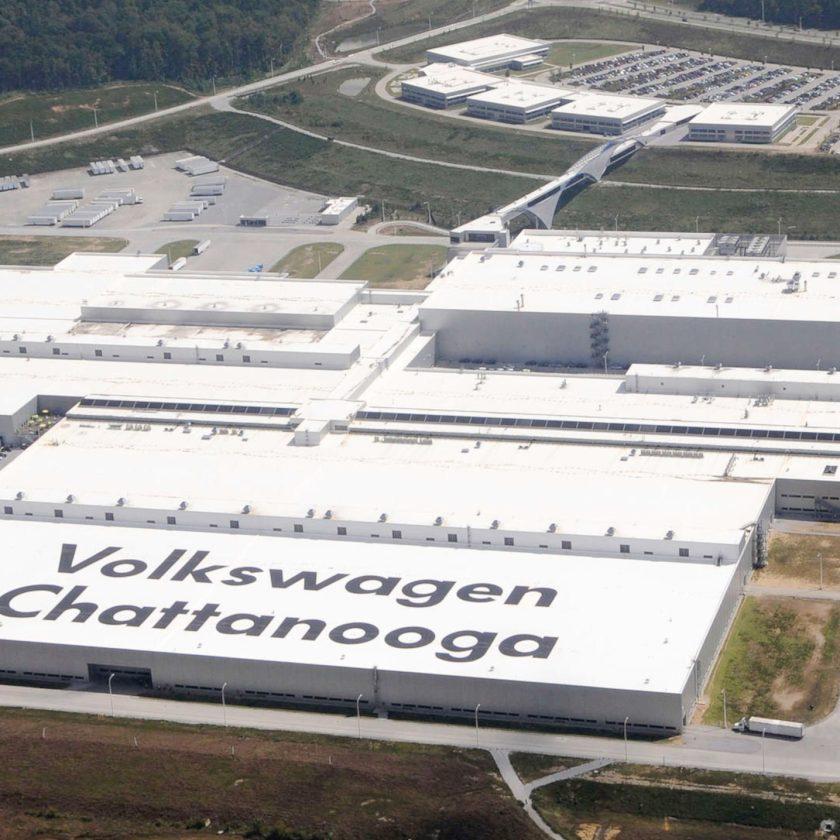by John Tamny
The next time you’re in traffic, stop and look at the cars surrounding you. If on a city street, also look at the cars passing you as they go in the opposite direction. In a sense it’s fascinating.
Doing this the other day on the Key Bridge (it connects Washington, D.C. and Arlington, VA), the variety of cars was really something. Mostly foreign cars. Lots of Mercedes and BMWs, numerous Toyota, Honda and Nissan vehicles, and somewhat surprisingly, countless Kia and Hyundai models. About the surprise expressed, it’s remarkable how quickly the twin Korean brands have built enormous market share in the world’s greatest car market.
That the U.S. is inundated with foreign automobile plenty says a lot. For one, how very flattering for Americans. The world’s greatest producers of automobiles all plainly view success in the United States as the proverbial “final test.” With good reason. Americans are size buyers of everything. Success here sets the stage for long-term growth. And it’s not just about automobiles that this is true.
Though there’s a tendency among the eternally pessimistic to contend that the U.S. is in decline, the immense variety of foreign products of all stripes mocks their pessimism. Where businesses pursue market share is an inconvenient market signal for those convinced the U.S. is over.
Happily, the bullish truth that a “U.S. strategy” is a necessary ingredient for any corporation with global ambitions speaks to another positive of an open stance to imports. Figure that if “everyone” with global designs is competing to meet our needs, that’s the surest sign that we Americans aren’t overpaying. It’s no reach to say that competition for sales demands competition with prices.
Importantly, the gift of open markets doesn’t stop there. To see why, think deeply again about the wide array of foreign cars that populate U.S. streets. It signals something very big and exciting about the work of the American people.
Since U.S. borders are very open to foreign production (total U.S. tariffs on foreign goods work out to a little over 1%), that’s a sign that U.S. workers are highly likely to be doing the kind of work most commensurate with their skills. This cannot, or should not be underrated.
That’s the case because easily the greatest virtue of open markets (beyond the freedom they signal) is that they greatly enhance the odds of individuals doing the work that most elevates their unique skills and intelligence. In past write-ups, it’s been put this way: free trade is the equivalent of freeing those who loathe math from ever having to take Calculus again, and it’s similarly the equivalent of freeing Calculus lovers from ever having to take a Phys/Ed class again. When the world is producing for you, the production of the world reduces the need for you to do work necessary for life’s essentials, or even life’s non-essentials. Instead, massive inflows of foreign goods free us to do the work that once again most tessellates with our unique talents.
It all speaks to the bullish future foretold by a bullish present born of myriad foreign cars roaming our streets. The arrival of imports that will continue to grow signals more and more specialization of production in the U.S. Think about it. We’re only able to import insofar as we export, which means copious imports are a sign that our productive abilities stateside continue to grow. And they’ll only get better.
They’ll get better because Americans want things. Really all workers want things. That’s why they get up and go to work each day. Imports are the reward for productive work. And since increasingly liberalized foreign countries continue to create more and more plenty, their doing so ensures growing specialization on the part of the American people. The imports are the gift that free us to do work that increasingly mirrors our talents. It’s a virtuous circle, or insert your cliché.
Better yet, it’s a peaceful one. Really, what country would invade a country populated by its best customers? It would be kind of self-defeating. So are tariffs on foreign goods.
– – –
John Tamny is editor of RealClearMarkets, Vice President at FreedomWorks, a senior fellow at the Market Institute, and a senior economic adviser to Applied Finance Advisors (www.appliedfinance.com). His most recent book is When Politicians Panicked: The New Coronavirus, Expert Opinion, and a Tragic Lapse of Reason.






Baloney!
This sounds like something that the Biden administration would write.